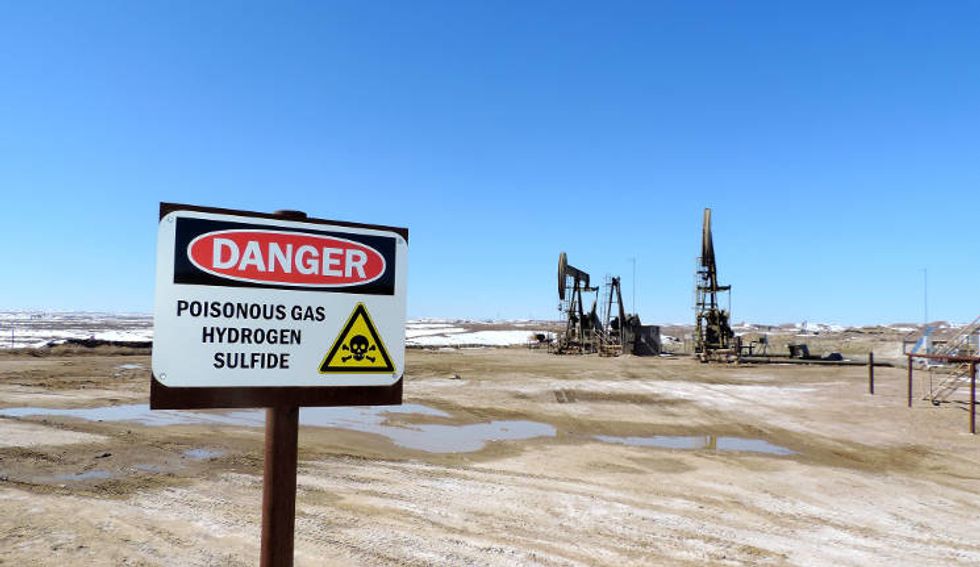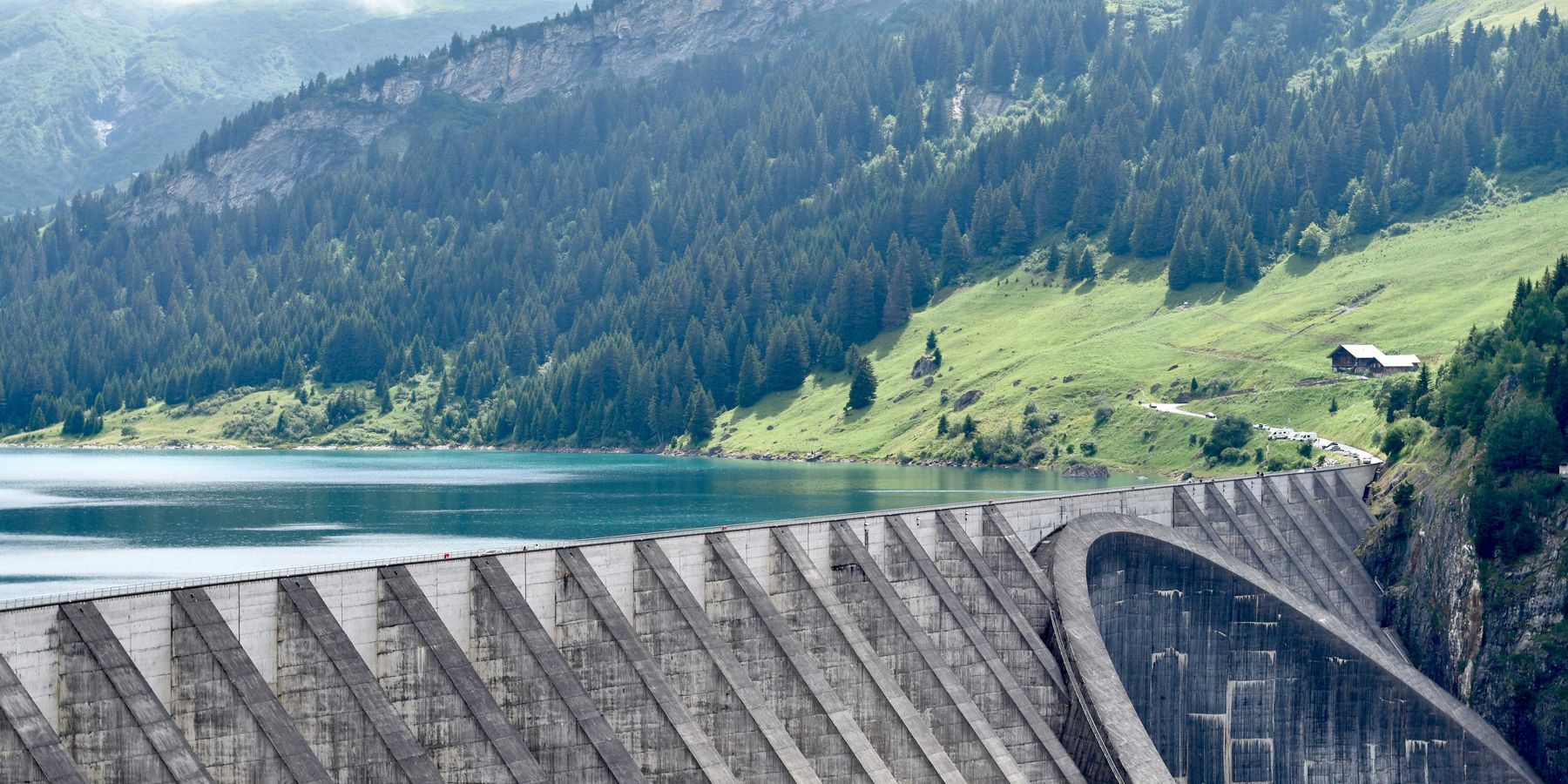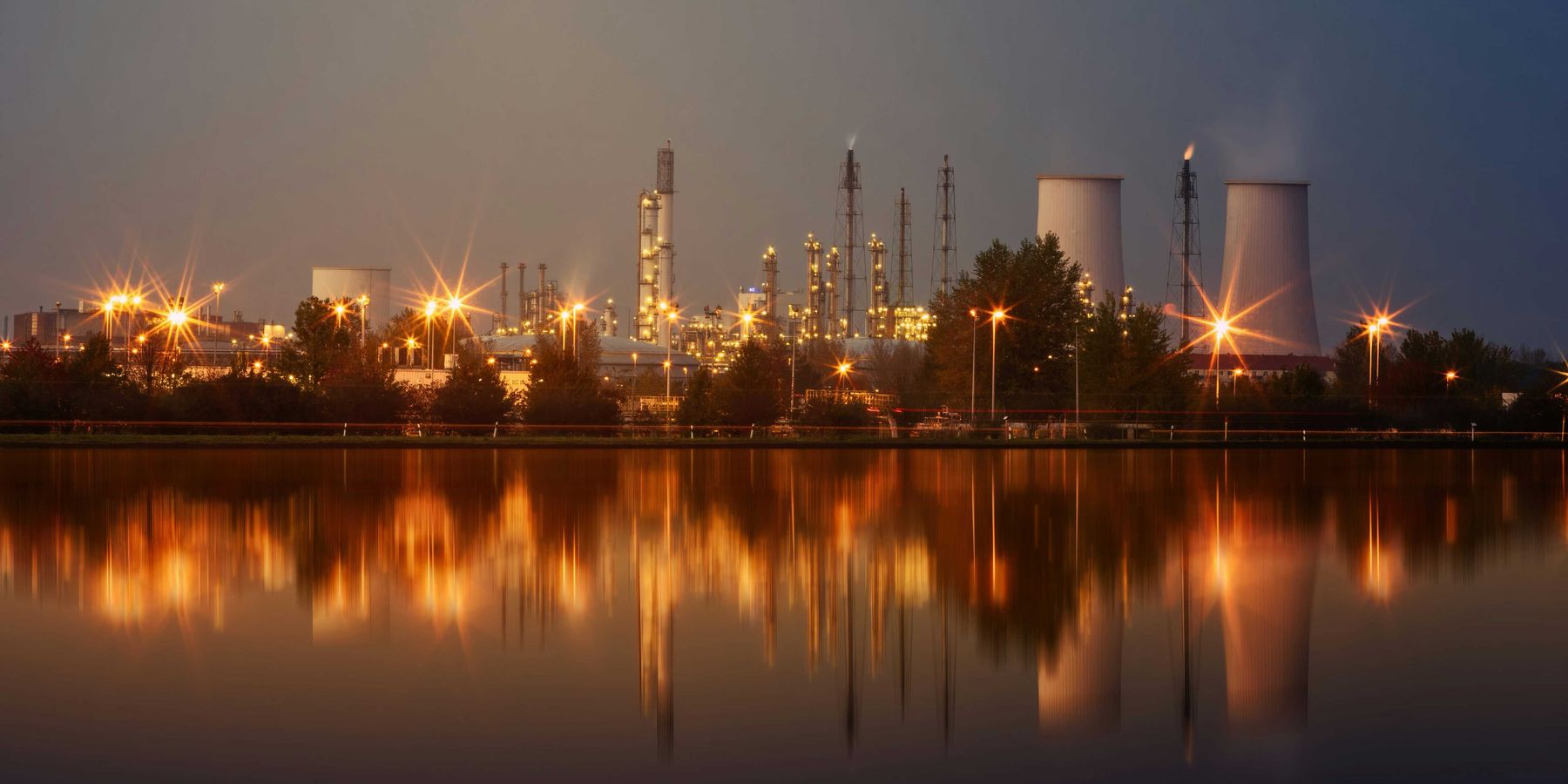Opinion: Fix trade secret law to protect precious water from fracking
If the public is going to have a robust debate about the merits of fracking, both sides need to know what's being pumped into the ground.
There is no human behavior more dangerous than the poisoning of groundwater we depend on—which is why trade secret law must be amended to protect these precious resources from contamination by undisclosed chemicals used in oil and gas extraction.
Climate change and other ecological pressures are already making groundwater scarcer and more valuable, so polluting it is unconscionable. One of the flash-points in this debate is hydraulic fracturing (also known as 'fracking')— a process that utilizes millions of gallons of highly-pressurized water and sand laced with chemicals in order to extract oil or gas from deep underground formations — which reports have documented can sometimes lead to groundwater contamination.
From what I discovered through research, and published in a law journal note last month, it is apparent that part of the issue with fracking and the debate around its legitimacy is how trade secret law shields the industry from having to disclose chemicals involved in the fracking process, as most state regulations technically require. Trade secret law is supposed to provide companies with an incentive to innovate, however, my study found that certain fracking companies were using the law's proprietary protections to shield the public from critical knowledge about chemicals, which reports show sometimes end up in folks' groundwater.
Because of trade secret law's dominance in negating meaningful fracking chemical disclosure (along with the high-frequency of confidential settlements), only the industry possesses the critical public health data necessary to make an intelligent and informed decision about whether or not fracking should be allowed
Meanwhile, the public, shielded from knowledge of these trade secret chemicals, has no idea if they are safe or not, as the fracking industry has mostly succeeded at maintaining secrecy over the practice out of fears of bad publicity, lost permits, and legal liability.
While the industry has detailed information on the fracking chemicals being pumped deep into the ground at high pressures and in massive volumes, landowners, medical practitioners, and even public health officials who monitor groundwater quality may not have any knowledge at all due to trade secret law.
This is a problem — if the public is going to have a robust debate about the merits of fracking, both sides must have access to equal information.
Federal regulators in the dark
The following statistic from the U.S. Environmental Protection Agency's 2016 report on fracking sums up the situation: out of 1,606 chemicals discovered in the millions of gallons of wastewater that fracking produces, the EPA could only identify 193 of them.
Considering the dangers of this waste contaminating drinking water are well-documented, this striking statistic illustrates the extent to which the public lacks knowledge about the chemicals involved in the fracking process. Our own federal regulators don't even know what's being used.
My review also found that under state chemical disclosure regulations, which were designed to foster transparency and allow the public to learn what is being injected deep into the ground through and below our precious groundwater, fracking companies were claiming trade secret or 'proprietary' protection 88 percent of the time. I also discovered that a high confidential settlement rate helped maintain the secrecy of these environmental contamination fracking events as well.
In my research, I read reports in Pennsylvania of widespread contamination, documented adverse health effects in people living near large-scale fracking operations versus those living away from the practice, and state regulators violating the law to protect the polluting entities whom they are supposed to regulate.
However, fracking is not limited to Pennsylvania: it is nationwide and approximately 80 percent of all oil and gas wells in the U.S. will be fracked, as more than 275,000 have been already, according to the EPA in 2016. Recent reports suggest that the U.S. is now the largest oil and gas producer, mostly due to fracking activities in new 'unconventional' settings like the Eagle and Barnett Shales in New Mexico and Texas, and the Marcellus Shale in Pennsylvania and its neighboring states.
One takeaway from my research: if you are going to allow fracking on your land in return for royalties, you must conduct groundwater tests before to get a baseline quality results in order to have any chance of protecting yourself should the water be harmed later on.
Unfortunately, at this time, you cannot rely on state or federal regulators to protect you and therefore these costly water tests must be done by homeowners themselves.
Fixing the problem

My study examined two viable solutions to repair trade secret law and fix this issue of fracking fluid chemical disclosure. The first is a new law adopted by Montana in 2017 which required the state's Board of Oil and Gas Conservation (BOGC) to substantiate each trade secret claimed by fracking companies. Even though these companies frequently claim trade secrecy, only a few states, such as Montana, require the industry to explain why their chemicals qualify.
This first solution is interesting, because my investigation suggests that a sampling of chemicals utilized by Halliburton (the world's largest fracking operator) may not be legitimate trade secrets, while some of them, in particular their CleanSuite™ line of environmentally-friendly chemicals, are not only genuine trade secrets, but also have social benefits and value.
However, my investigation determined that CleanSuite™ has not been used frequently. Another downside of Montana's approach is that it does not incentivize safer fracking practices. Montana BOGC Administrator Jim Halvorson even warned that due to the new robust trade secret law, fracking companies would simply use more hazardous non-secret chemicals to accomplish their frack operations now.
Therefore, my second solution is amending the U.S. and each state's definition of trade secret to add a provision that 'it does not endanger public health.'
This 'precautionary principle' comes from the European Union and is rationalized by the old adage: 'better safe than sorry.'
While this seems a lofty goal, amending both federal and state law (since trade secrecy law is principally a state matter) would be simpler than it appears.
On the federal side, the Defend Trade Secrets Act and the Electronic Espionage Act would need to be amended to reflect the updated trade secret definition. Meanwhile, on the state side, it would have to pass all 50 state legislatures. However, there is already a model state trade secret law called the Uniform Trade Secrets Act ("UTSA"), which has been adopted by every state except New York. The UTSA could be amended and then each state that already uses it could update their version accordingly to protect public health.
Therefore, the uniformity of state law in this area would at least make the enactment burden slightly lighter.
The biggest downside to this solution is the inherently-high costs for industries, as well as inevitable expensive litigation determining what 'endanger public health' means in numerous contexts (many of them having nothing to do with fracking).
But what could be costlier than poisoning the water which we depend on to drink, live, work, play, and maintain sanity? When there are issues of groundwater contamination, public health is paramount and I do not believe any cost could justify allowing such permanent, dangerous degradation.
Clean water is a fundamental human right.
Elliot Fink is a Student at Fordham University School of Law, where he is the incoming Senior Writing and Research Editor at Volume XXX of the Fordham Intellectual Property, Media, and Entertainment Law Journal.
Read his new legal paper, Dirty Little Secrets: Fracking Fluids, Dubious Trade Secrets, Confidential Contamination, and The Public Health Information Vacuum.













